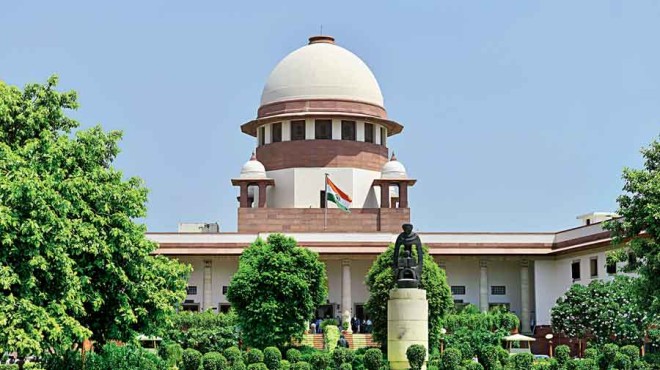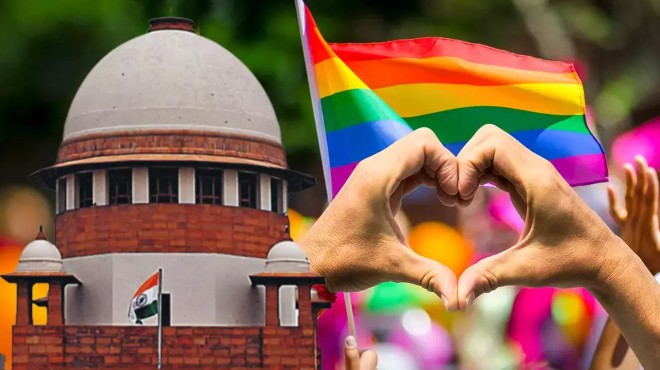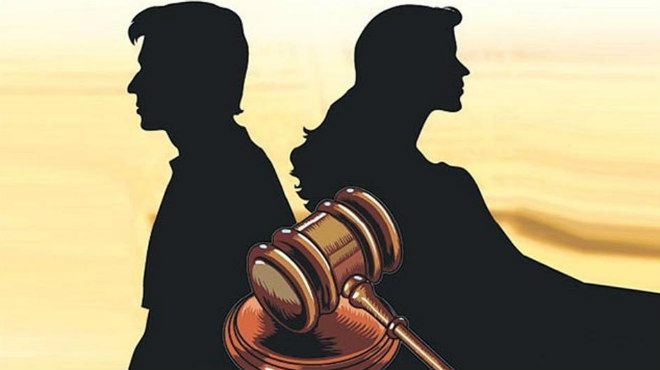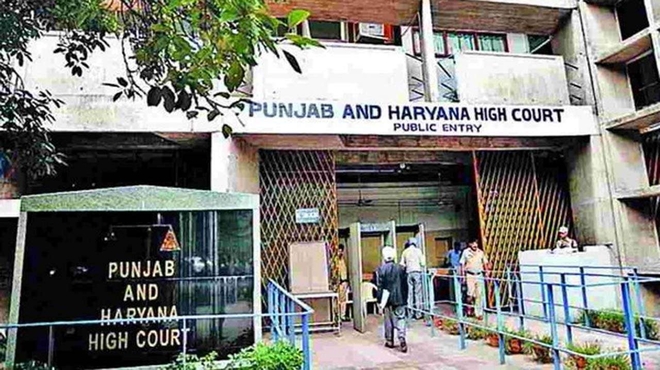The supreme court said that custodial death is a crime and such incidents indicate the “ apparent disdain” of the state towards the life and liberty of a prisoner. The court has passed many directions over unnatural deaths and prison reforms across India, over the past few years.
The court said “ If the fundamental right to life and liberty was to be given its true meaning, the Centre and the state governments must accept the reality and not proceed on the basis that prisoners could be treated as & quot chattel& quot .”
A bench of Justices Madan B Lokur and Deepak Gupta said that despite several cases and repeated decisions by the Supreme court and high courts, there seems to be no let up in custodial deaths.
& quot This is not a sad but a tragic state of affairs indicating the apparent disdain of the state to the life and liberty of individuals, particularly those in custody,& quot the bench said.
The bench added & quot The constitutional courts can go on delivering judgment after judgment on this issue and award compensation, but unless the state realises that custodial death is itself a crime and monetary compensation is not necessarily the only appropriate relief that can be granted to the next of kin of the deceased, such unnatural deaths will continue unabated,& quot .
Related Post: Supreme Court rules Right to Privacy as fundamental right and intrinsic to life
It also said that there must be & quot a genuine desire to ensure that guarantee to a life of dignity is provided to the extent possible even in prisons, otherwise Article 21 of the Constitution (protection of life and personal liberty) will remain a dead letter.& quot
The top court observed that unless the State changes the mindset and takes steps to give meaning to life and liberty of every prisoner, jail reforms could never be effective.
& quot This message goes out loud and clear, as also the message that the dignity of the individual is not a plaything for those in authority,& quot it said.
The bench said review of all prisons with a & quot humanitarian nuance& quot was needed to eliminate the cases of custodial death.
& quot But it is important for the central government and state governments to realise that persons who suffer an unnatural death in a prison are also victims - sometimes of a crime and sometimes of negligence and apathy or both,& quot it said.
The court asked all the high courts to register a petition on their own to identify the next of kin of the prisoners who admittedly died an unnatural death after 2012 and award suitable compensation to them, unless adequate compensation has already been awarded.
It directed all states to appoint counsellors and support persons to counsel prisoners, particularly the first-time offenders, and also study availability of medical assistance to them and take remedial steps wherever necessary.
& quot We request the Chief Justice of the high court to register a suo motu public interest litigation with a view to identify the next of kin of prisoners who have admittedly died an unnatural death as revealed by the NCRB during the period between 2012 and 2015 and even thereafter and awards suitable compensation, unless adequate compensation has already been awarded,& quot it said.
The bench directed the Secretary General of the court to send the copy of its verdict to the Registrar General of every high court within a week.
The court also ordered the Ministry of Woman and Child Development to discuss with the concerned officials of state governments & quot and formulate procedures for tabulating the number of children (if any) who suffer an unnatural death in child care institutions where they are kept in custody either because they are in conflict with law or because they need care and protection& quot .
The court directed the Centre to ensure circulation of its model prison manual, monograph prepared by the National Human Rights Commission (NHRC) on suicides in prison and the communications sent by NHRC from time to time to states, the Nelson Mandela Rules and guidelines on investigating deaths in custody issued by the International Committee of the Red Cross within one month to prison incharges of every state.
& quot All efforts should be made, as suggested by the NHRC and others, to reduce and possibly eliminate unnatural deaths in prisons and to document each and every death in prisons - both natural and unnatural,& quot the bench said.
It also asked the Centre to direct the National Crime Records Bureau (NCRB) to explain and clarify the distinction between & quot unnatural and natural deaths in prisons& quot as indicated on its website and its annual reports.
It also directed the states to conduct training and sensitisation programmes for senior police officials of all prisons on their functions, duties and responsibilities and also the rights and duties of prisoners.
The bench directed government to consider extending the time or frequency of meetings by the family of a prisoner and also explore the possibility of using phones and video conferencing for communications, also with lawyers.The court also passed directions to the Centre and states to improve conditions for jail inmates to provide basic facilities, including medical assistance, in 1,382 prisons in the country.

.jpg)



 85+ Lawyers are online
85+ Lawyers are online 


.jpg)


